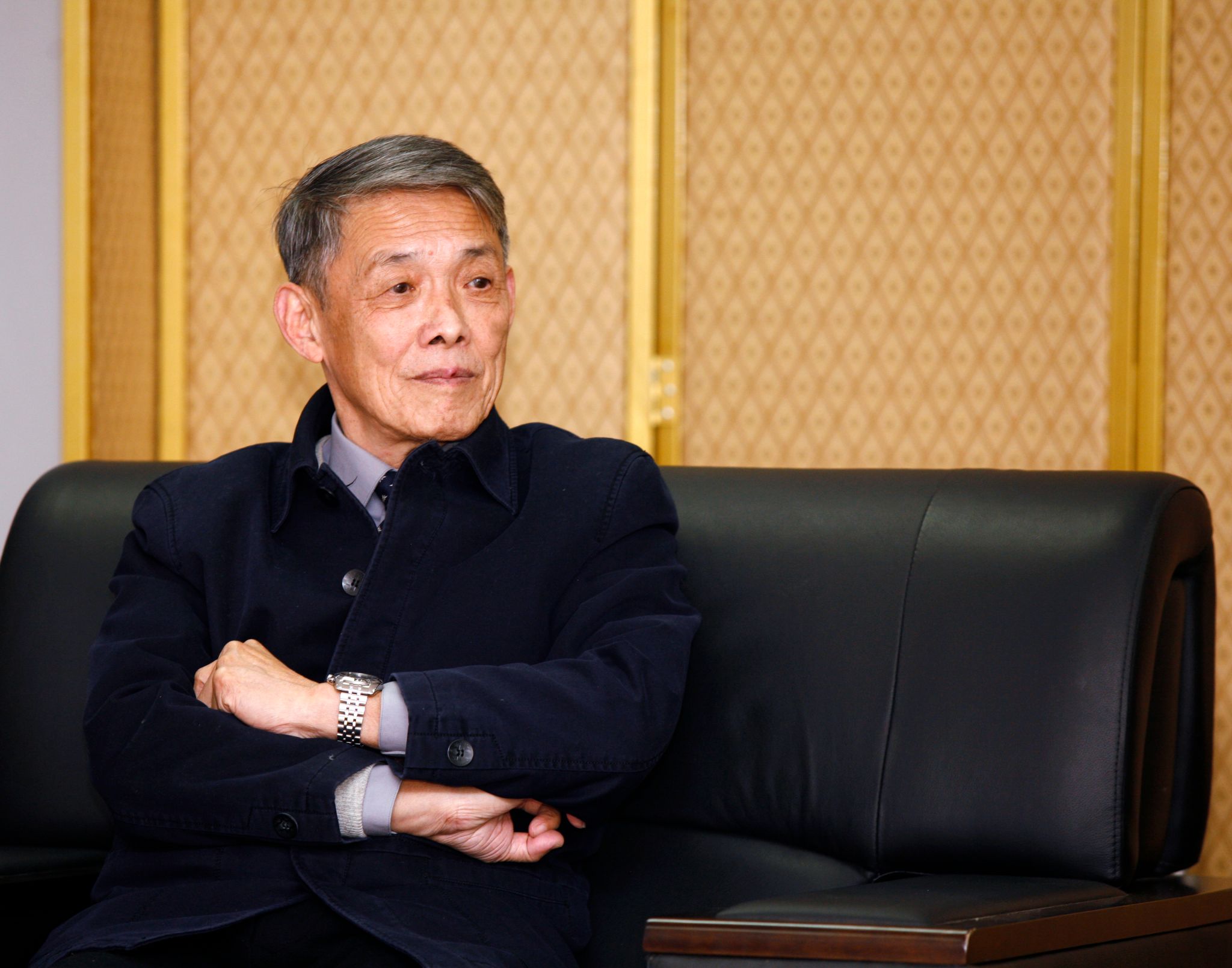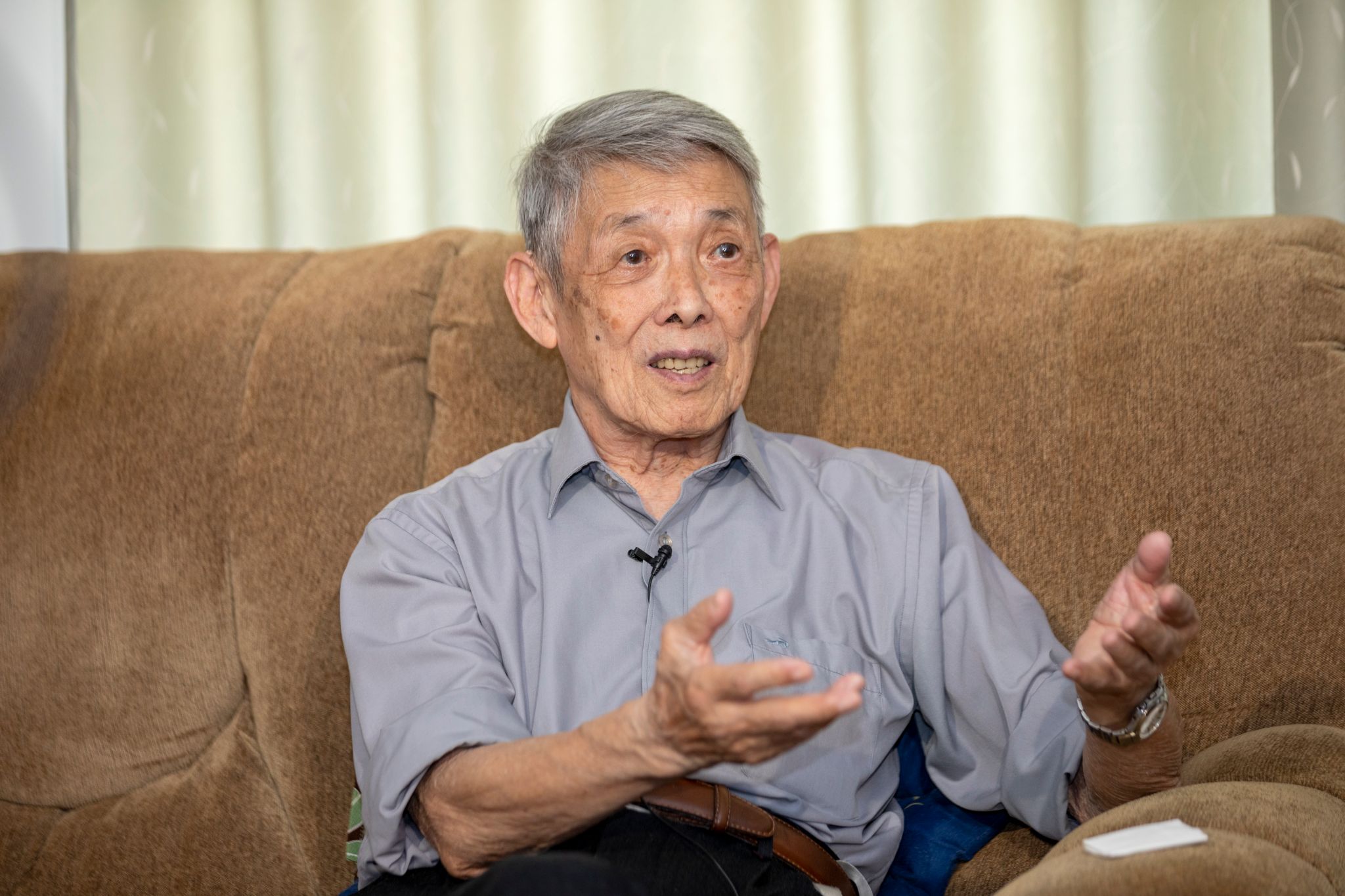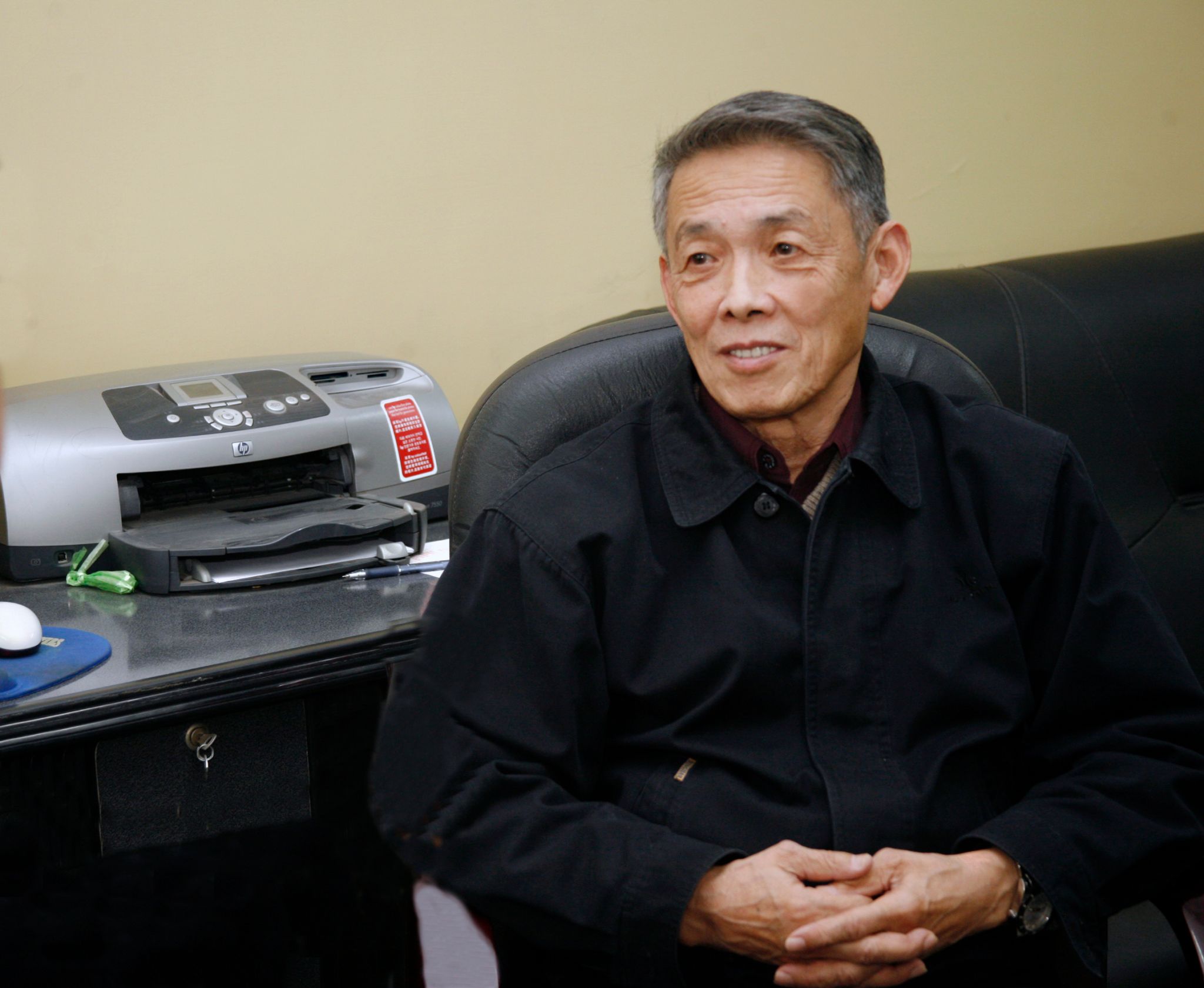In Memory of Professor Zhou Heng, A Legacy of Truth and Innovation
On August 1, 2025, the world said farewell to an extraordinary mind. Professor Zhou Heng, a renowned fluid mechanicist, academician of the Chinese Academy of Sciences, and revered professor at Tianjin University, passed away peacefully in Tianjin at the age of 96.
To those who knew him, Professor Zhou was not just a scholar but a symbol of wisdom, integrity, and perseverance. He was one of Tianjin University’s most iconic figures, a man whose sharp intellect and profound humility left an indelible mark on the campus and beyond.

A Life Dedicated to Science and Truth
Born in Shanghai in 1929, Zhou Heng grew up during a time of immense turmoil in China. At the age of 8, the outbreak of the Chinese People's War of Resistance Against Japanese Aggression forced his family to relocate multiple times, moving across Jiangxi, Guizhou, and Chongqing. Despite the hardships, Zhou's father, a former schoolteacher, ensured that his children received a strong education. This belief in the transformative power of knowledge deeply influenced Zhou’s lifelong commitment to education and research.
In 1946, after self-studying high school courses that war had disrupted, Zhou was admitted to both Tongji University and Peiyang University (now Tianjin University). He chose Peiyang, and during the War of Liberation, he joined the university’s protection team, ensuring the institution was safely handed over to the new government.
Graduating in 1950 as the top student in his class, Zhou began his teaching career at Tianjin University. By 1952, he had joined the university’s mechanics department, marking the start of a seven-decade journey in fluid mechanics research and education.
Pioneering Research in Fluid Mechanics
Professor Zhou’s contributions to fluid mechanics were groundbreaking. He identified critical flaws in the widely accepted weak nonlinear theory of flow stability, a cornerstone of turbulence research for over three decades, and proposed innovative corrections. His work illuminated the mechanisms behind the formation of coherent structures in turbulent flows and advanced methods for predicting supersonic and hypersonic boundary layer transitions—crucial for aerodynamics and aerospace engineering.
Believing that scientific innovation should address real-world challenges, Zhou dedicated his research to solving practical engineering problems. He championed the integration of theory and application, often stating, “Innovation should stem from technical needs, and theoretical breakthroughs should serve the nation’s demands.”
In the 21st century, as aerospace technology evolved, Zhou shifted his focus to the study of compressible fluid flows, laying the foundation for advances in high-speed aerodynamics. Even in his 80s, Zhou mentored young researchers on cutting-edge problems, such as rarefied gas dynamics, contributing to significant progress in this emerging field.

A Trailblazer in Education and Leadership
As much as he was a scientist, Zhou Heng was also a deeply respected educator and leader. Over his career, he held numerous influential roles, including Chair of the Department of Mechanics and the first Dean of the Graduate School at Tianjin University. Nationally, he chaired the Mechanics Review Panel of the National Natural Science Foundation of China and served as Vice Chair of the Engineering Mechanics Teaching Advisory Committee for the Ministry of Education.
Professor Zhou was known for his dedication to his students. At 92, he was still cycling to campus, engaging in discussions about scientific problems with young scholars. He often reminded his students, “Good students are not taught; they teach themselves.” His humility and commitment to uplifting others left a lasting impression on everyone he mentored.
A Scholar with Integrity and Vision
Professor Zhou's independent thinking and fearless pursuit of truth defined his academic career. In the 1980s, while visiting the UK, he challenged the very foundations of the weak nonlinear theory of flow stability developed by his host, Professor Stewart. Through rigorous research, Zhou demonstrated the theory’s limitations and proposed significant improvements, earning respect from both Chinese and international scholars.
He also fought to reform China’s academic evaluation system, advocating for the elimination of metrics that stifled innovation. Zhou believed that true research should prioritize solving real-world problems rather than chasing publications or accolades.

A Humble and Inspiring Legacy
Despite his towering achievements, Zhou Heng remained humble. He often downplayed his role in the success of others, saying, “Achievements belong to those who achieve them. I simply do what I am supposed to do.”
His generosity was equally quiet. For years, he anonymously donated over 2 million yuan to support financially struggling students. Even in his final days, he encouraged his students to focus on practical solutions: “I am too ill to discuss research. Spend your time with experts on the frontlines—they understand engineering challenges better than I do now.”
A Life That Will Be Remembered
In 2021, a video of a 92-year-old Professor Zhou cycling to his office went viral, capturing the hearts of millions. His steady, determined figure symbolized the unwavering pursuit of knowledge and truth—a testament to his lifelong dedication to science, education, and his country.
Professor Zhou Heng’s passing marks the end of an era, but his legacy will endure. His life’s work—groundbreaking research, tireless mentorship, and fearless advocacy for truth—will continue to inspire generations of scholars.
As we bid farewell to this remarkable man, we remember his words: “Looking back on my life, I can say I have no regrets. What I set out to do, I have done.”
May Professor Zhou Heng rest in peace, his legacy as enduring as the mountains and rivers he so loved.
By Eva Yin

